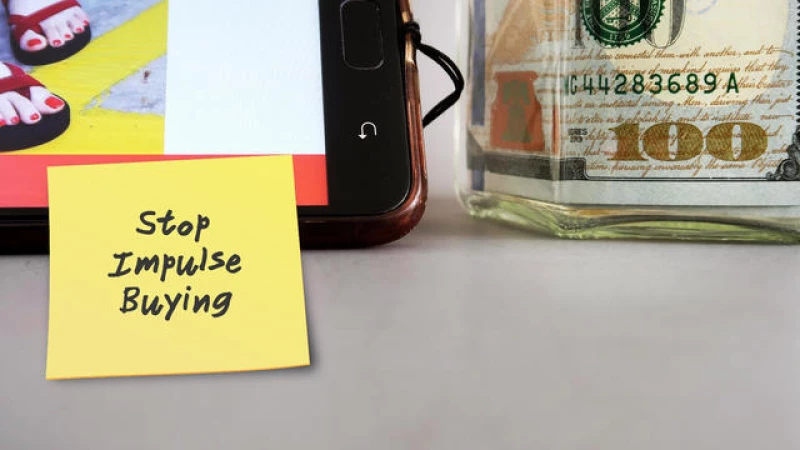Buy one, get one free! Spend more to get free shipping! Save 10% with this special discount code! They're the kind of sales pitches consumers often find impossible to resist. Yet spending money to save it — or "spaving," as the practice has come to be called, rarely benefits the consumer. Instead, retailers' clever marketing ploys convince consumers they're getting a deal, when often they're just overspending.
In short, buyer beware, experts warn.
"I understand the appeal of getting to checkout and a notification pops up saying spend $10 more to get some perk," LendingTree senior economist Jacob Channel told CBS MoneyWatch. "But 90% of the time, when you break it down, it doesn't make sense. You're not actually saving money if you are spending more of it."
Deal or no deal?
A number of common marketing offers dangle the lure of savings — provided that you splash enough cash. They include:
- Receiving a "free" gift for spending above a certain amount
- Qualifying for free shipping by spending enough
- Taking advantage of a buy one, get one offer
- Purchasing extra items to use a coupon or discount code
- Subscribing to a service to qualify for a discount
If these tactics sound familiar, it's because they're widely used by a range of retailers, from grocery chains to clothing stores.
To be sure, there's nothing illegal or even especially underhanded about such offers — merchants are in the business of making money, after all, while consumers bear some responsibility for determining if a deal is worthwhile.
By the same token, it's also on shoppers to be alert to sales gimmicks that subtly nudge them to overspend.
"Retailers have always known this trick, and they're really good at what they do," personal finance expert Rachel Cruze told CBS MoneyWatch. "They know that if we put a sale on or offer free shipping if you spend 'X' amount, you'll spend more money. Psychologically, they're good at knowing how to entice people."
Why shoppers fall for it
But why do consumers fall into the trap of spending more in the name of saving? Part of it often comes to FOMO, or the fear of missing out, on a limited-time sale or other purported bargain, money coach Nicole Victoria told CBS MoneyWatch.
"It's about loss-aversion, or the perception of loss," she told CBS MoneyWatch. "You feel like you're losing money by paying for shipping, and you've invested time and resources into filling up your shopping cart, so you'd rather gain something more."
Spaving, the act of spending money to save money, can sometimes backfire. While it may seem like a good idea to take advantage of deals and discounts, it can lead to wasteful spending. For example, purchasing large quantities of perishable goods that may go to waste or buying items on impulse that you don't really need can be harmful to your finances.
To avoid falling into the trap of spaving, experts recommend sticking to your original shopping list and ignoring distractions like flashy deals and promotions. It's important to remember that retailers use tactics like "buy one, get one" offers to encourage you to spend more than you intended. By staying focused on your needs and not giving in to impulse buys, you can avoid unnecessary expenses and credit card debt.
How to avoid spaving
One key strategy is to be mindful of the retailer's goal to maximize revenue, rather than helping you save money. By keeping this in mind, you can resist the urge to overspend in pursuit of discounts or rewards. Here are some additional tips for staying on track with your budget:
- Stick to your budget. Create a budget before shopping and stick to it to avoid overspending.
- Avoid saving your credit card information online. By not storing payment details on retail websites, you can prevent impulse purchases.
- Opt out of marketing emails. Unsubscribe from promotional emails to reduce temptation and avoid unnecessary spending.
- Take time to think. Implement a 24-hour waiting period before making impulse buys to ensure they are necessary.







